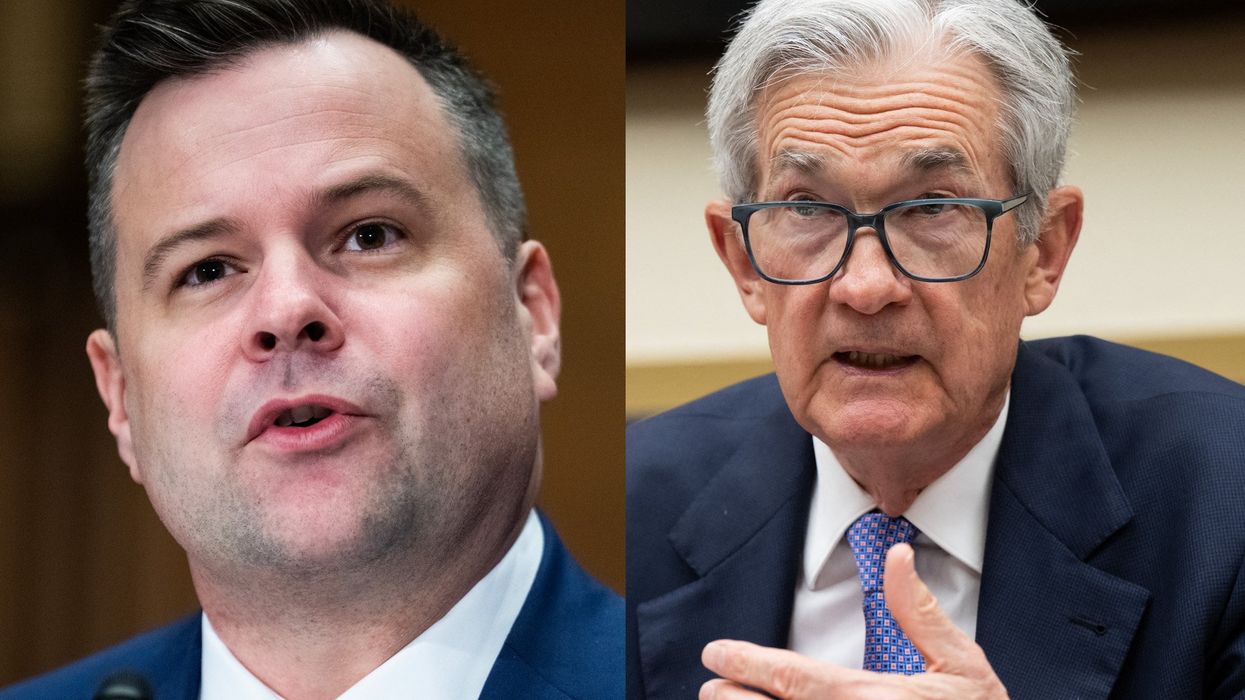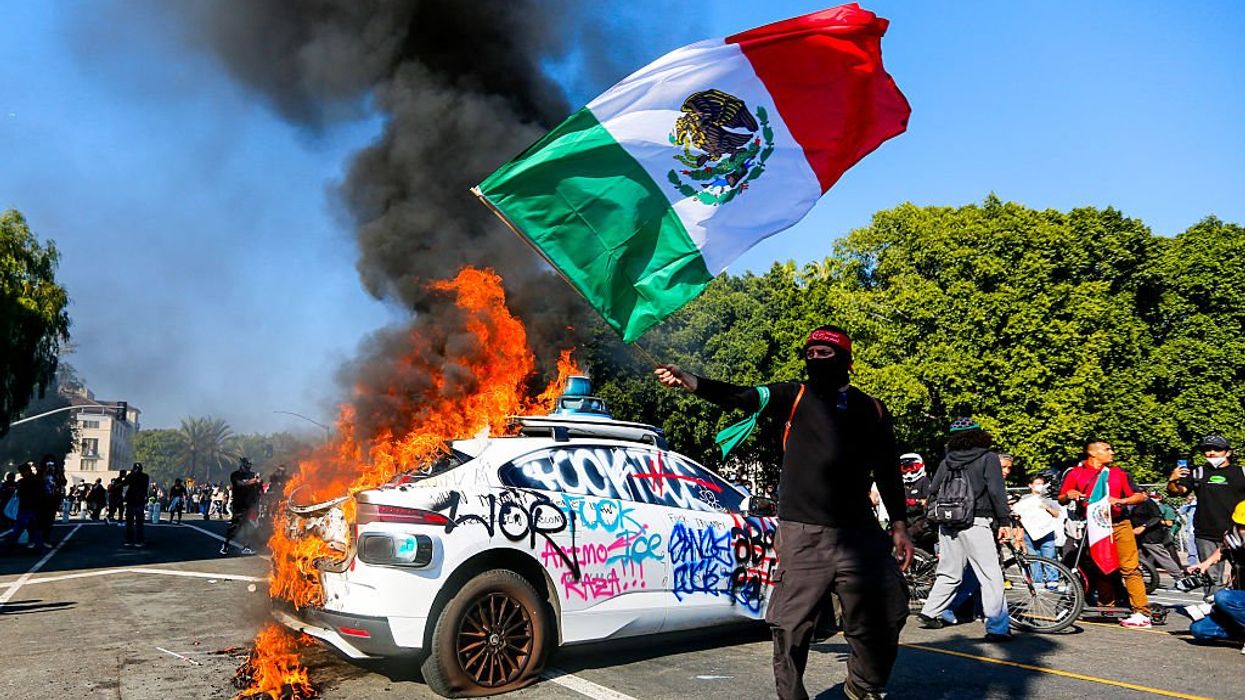The Israeli government blasted the European Union over its decision Wednesday to approve special guidelines for labeling Israeli — but not Palestinian — products made in the West Bank, east Jerusalem, and the Golan Heights, territories Israel captured during the 1967 war. The new requirements would force Israeli producers denote that the products' origins are outside the internationally recognized borders of Israel and, therefore, not "made in Israel."
Asked about the expected ruling a day before, the U.S. State Department issued a conflicting response that appeared to excuse the European decision that a top Israeli official has called "disguised anti-Semitism."
The Israel Foreign Ministry issued a statement Wednesday, saying that it “condemns the decision of the EU to label Israeli products originating from areas that are under Israeli control since 1967.”
 Under the European Union guidelines, Israeli products such as produce from the West Bank, east Jerusalem and the Golan Heights must denote their origin as being from outside internationally recognized borders of Israel. (Photo credit: Shutterstock/Khutornaia Svetlana)
Under the European Union guidelines, Israeli products such as produce from the West Bank, east Jerusalem and the Golan Heights must denote their origin as being from outside internationally recognized borders of Israel. (Photo credit: Shutterstock/Khutornaia Svetlana)
The Israeli government accused the EU of taking “an exceptional and discriminatory step, inspired by the boycott movement, particularly at this time, when Israel is confronting a wave of terrorism.”
“It is puzzling and even irritating that the EU chooses to apply a double standard concerning Israel, while ignoring that there are over 200 other territorial disputes worldwide, including those occurring within the EU or on its doorstep,” the Israeli foreign ministry added.
An unnamed European Commission source told Reuters, “This is a technical measure, not a political one. … The occupied territory is not part of the sovereign state of Israel, so goods cannot be sold as ‘made in Israel.’”
The State Department on Tuesday would not take a position on the expected labeling decision, explaining that, while it opposes a boycott of the Jewish state, Israel should not be surprised if Europe moves to limit commercial relations with Israeli settlements.
Responding to a reporter question before the EU decision, Deputy State Department spokesman Mark Toner said, “We oppose efforts to isolate to delegitimize the state of Israel. That said, the longstanding bipartisan position on — of the United States on Israeli settlements has also not changed.”
“We believe settlements are illegitimate and are harmful to prospects for peace and to Israel’s long-term security. That said, if Israel continues to expand settlement activity, it shouldn’t come as a surprise to — if some in the international community pursue steps to limit commercial relations with the settlements, and this underscores the urgent need for Israel to change its policies with regard to settlements,” Toner added.
“On boycotts, we’re against boycotts. On settlements, we’re against settlements,” Toner said.
Israeli cabinet minister Yuval Steinitz, a confidant of Prime Minister Benjamin Netanyahu, said before the EU decision that "we cannot conceive it but as some disguised anti-Semitism."
In contrast with the State Department, a bipartisan group of 36 U.S. senators Monday sent a letter to the European Commission urging it to back off the labeling guidelines.
Led by Republican presidential candidate Sen. Ted Cruz (Texas) and Democratic Sen. Kirsten Gillibrand (N.Y.), the senators wrote, “We urge you not to implement this labeling policy, which appears intended to discourage Europeans from purchasing these products and promote a de facto boycott of Israel, a key ally and the only true democracy in the Middle East.”

 Under the European Union guidelines, Israeli products such as produce from the West Bank, east Jerusalem and the Golan Heights must denote their origin as being from outside internationally recognized borders of Israel. (Photo credit: Shutterstock/Khutornaia Svetlana)
Under the European Union guidelines, Israeli products such as produce from the West Bank, east Jerusalem and the Golan Heights must denote their origin as being from outside internationally recognized borders of Israel. (Photo credit: Shutterstock/Khutornaia Svetlana)





